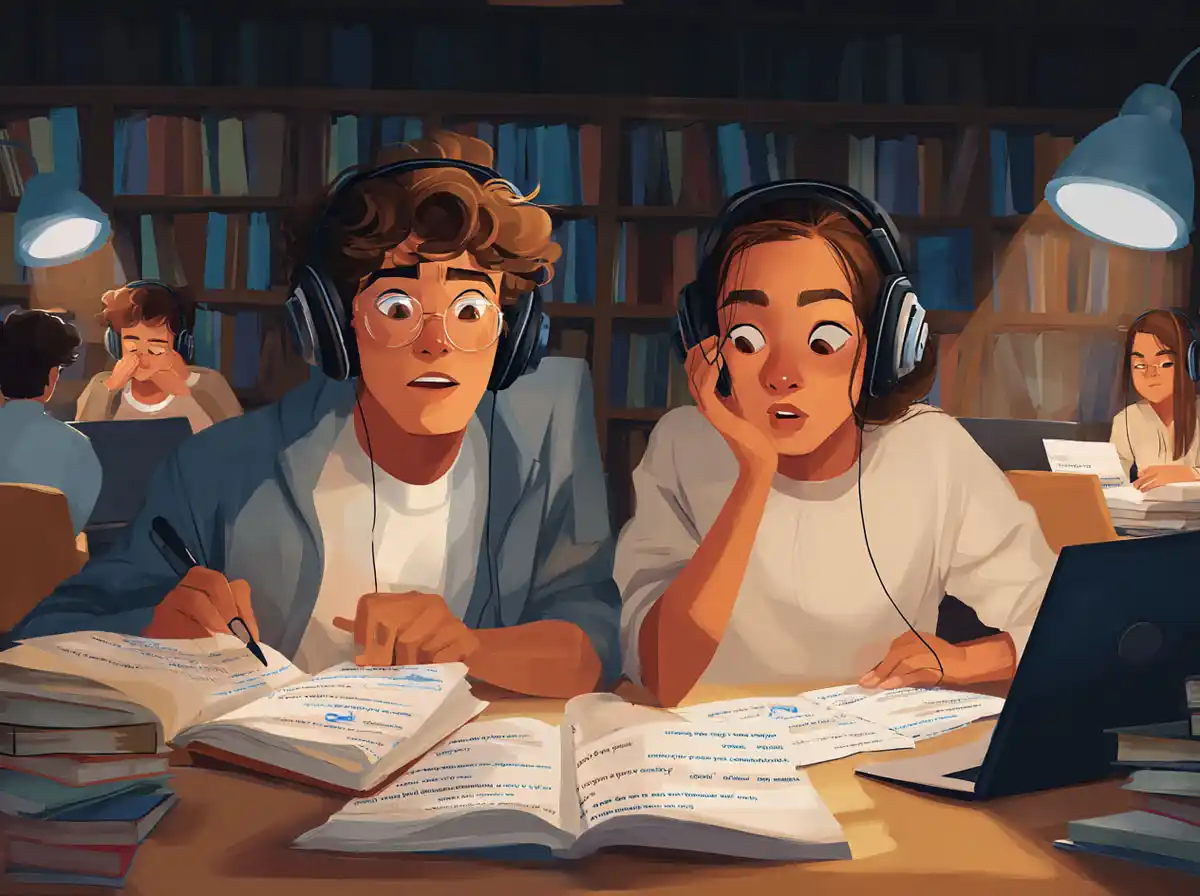Understanding Old-Fashioned Words in Armenian
What Defines an Old-Fashioned Word?
Old-fashioned words, also known as archaic or obsolete words, are terms that were once common in everyday speech or literature but have since become rare or entirely unused in modern language. In Armenian, these words often appear in classical literature, historical documents, and folk tales, offering a window into the past.
Armenian has two primary standard forms: Eastern Armenian and Western Armenian. Both have evolved over time, but many old-fashioned words are shared or have counterparts in both dialects.
Importance of Old-Fashioned Words in Armenian Culture
– Cultural Preservation: These words preserve historical and cultural contexts, reflecting social norms, traditions, and values.
– Literary Richness: Classical Armenian literature, including works by Mesrop Mashtots and medieval poets, extensively uses archaic vocabulary.
– Language Evolution: Studying old-fashioned words helps learners understand how Armenian has adapted and modernized.
– Identity and Heritage: Retaining knowledge of these words strengthens Armenian identity among diaspora communities and native speakers alike.
Examples of Old-Fashioned Armenian Words
To appreciate the depth of Armenian’s linguistic heritage, here are some notable old-fashioned words along with their meanings and modern equivalents where applicable.
Common Old Armenian Words and Their Meanings
- Բարեկամ (Barekam) – Traditionally meaning “friend” or “companion.” While still used, its poetic or formal usage is now considered somewhat old-fashioned.
- Ճառ (Jar) – Meaning “speech” or “discourse.” This word appears frequently in classical texts but has been replaced in modern usage by words like “խոսք” (khosk).
- Գանձ (Gandz) – Meaning “treasure.” Though still understood, in everyday language, synonyms such as “հարստություն” (harstutyun) are more common.
- Քնար (Knar) – Refers to an ancient stringed musical instrument, often mentioned in poetry and folklore but rarely used today.
- Հայրենիք (Hayrenik) – Meaning “homeland.” While still relevant, its emotional and patriotic connotations are deeply rooted in historical contexts.
Obsolete Words No Longer in Common Use
- Սիրտավառ (Sirtavarr) – An old poetic term meaning “passionate” or “heartfelt.”
- Ճրագ (Chrague) – Meaning “lamp” or “oil lamp,” replaced by modern terms like “լամպ” (lamp).
- Աշխարհացոյց (Ashkharhacoyts) – Meaning “globe” or “world map,” an old scholarly term.
- Գիրքս (Girk’s) – An archaic genitive form of “book,” now replaced by simpler possessive structures.
Why Learning Old-Fashioned Armenian Words Matters
Enhancing Language Proficiency
Incorporating old-fashioned words into your Armenian vocabulary can significantly deepen your understanding of the language. It allows learners to:
– Comprehend classical literature and historical texts.
– Appreciate Armenian poetry and folk songs that are rich with archaic vocabulary.
– Recognize cultural references and idiomatic expressions rooted in older language forms.
Connecting with Armenian Heritage
For Armenians in the diaspora or those interested in Armenian studies, knowing old-fashioned words fosters a stronger emotional and cultural connection. It also aids in preserving the linguistic heritage from generational loss.
Improving Translation and Interpretation Skills
Professionals working with Armenian historical documents or literary translations benefit from familiarity with archaic vocabulary. It ensures accuracy and respect for the original text’s tone and meaning.
How to Learn Old-Fashioned Armenian Words Effectively
Utilize Language Learning Platforms Like Talkpal
Talkpal offers an immersive language learning experience where users can practice Armenian with native speakers. This interactive approach helps learners hear and use old-fashioned words in context, making retention easier.
Read Classical Armenian Literature
Engaging with classical works—such as those by Mesrop Mashtots, Grigor Narekatsi, and other medieval authors—provides exposure to archaic vocabulary and its stylistic usage.
Create Thematic Vocabulary Lists
Organize old-fashioned words into categories like emotions, nature, family, and cultural concepts. This method enhances memorization and practical application.
Practice Writing and Speaking
Incorporate old-fashioned words into writing exercises or conversational practice sessions. Role-playing historical or literary scenarios can make learning enjoyable and meaningful.
Use Digital Tools and Dictionaries
Several online Armenian dictionaries and linguistic databases include sections on archaic words. Combining these resources with language apps like Talkpal maximizes learning efficiency.
Challenges in Learning Old-Fashioned Armenian Vocabulary
Contextual Understanding
Old-fashioned words often carry meanings that differ subtly or significantly from their modern counterparts. Without cultural and historical context, learners might misinterpret these terms.
Dialect Variations
Eastern and Western Armenian dialects sometimes use different archaic words or apply different nuances, requiring learners to adapt based on their focus.
Limited Practical Usage
Because many old-fashioned words are rarely used in daily conversation, learners may struggle to find opportunities to practice them naturally outside academic or literary settings.
Preservation and Standardization Issues
Some archaic words lack standardized spelling or pronunciation in modern times, complicating their study and use.
Conclusion
Old-fashioned words in the Armenian language serve as a vital link to Armenia’s historical, literary, and cultural roots. For language learners, embracing these archaic terms enriches vocabulary, deepens cultural understanding, and opens doors to classical Armenian literature. While challenges exist in mastering these words, leveraging resources like Talkpal, classical texts, and thematic learning strategies can make the journey rewarding and effective. Whether you are an Armenian heritage speaker or a language enthusiast, exploring old-fashioned Armenian words offers a fascinating glimpse into the past and enhances your overall linguistic proficiency.










